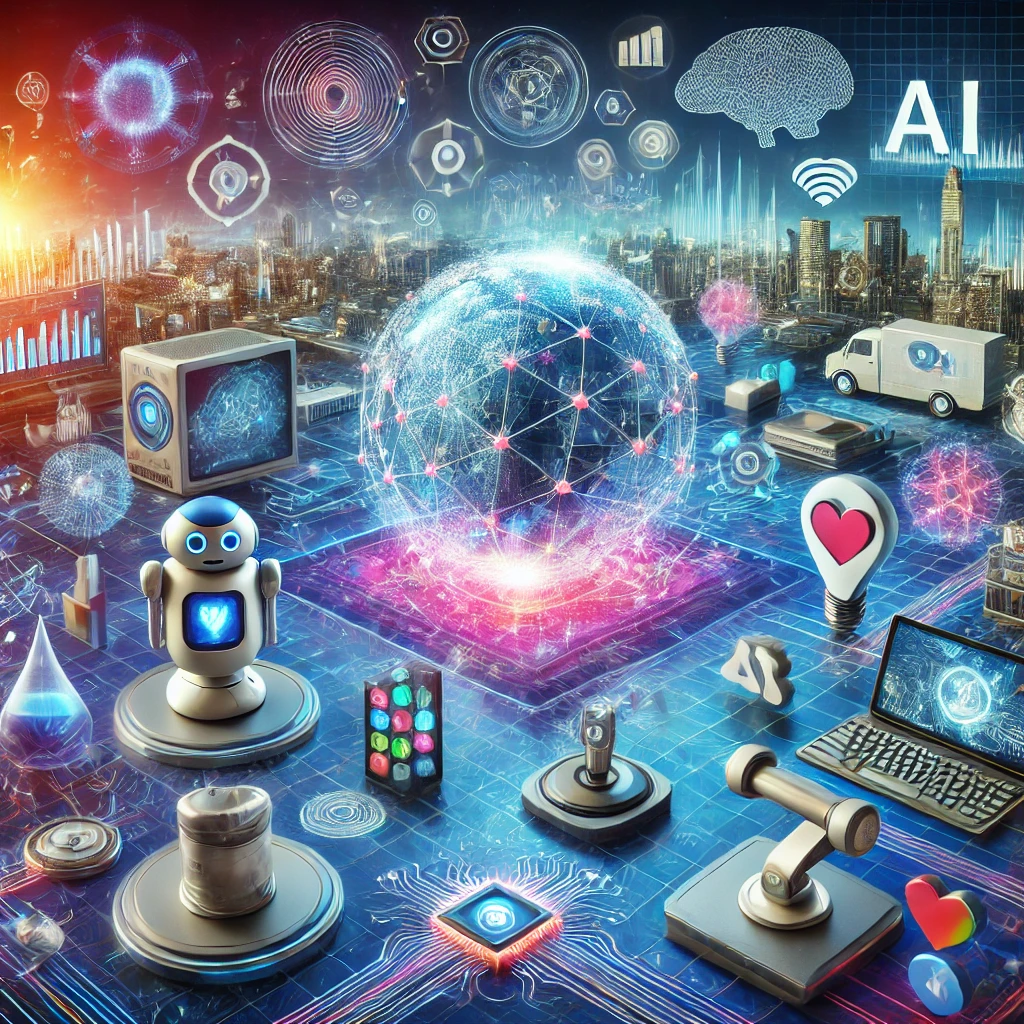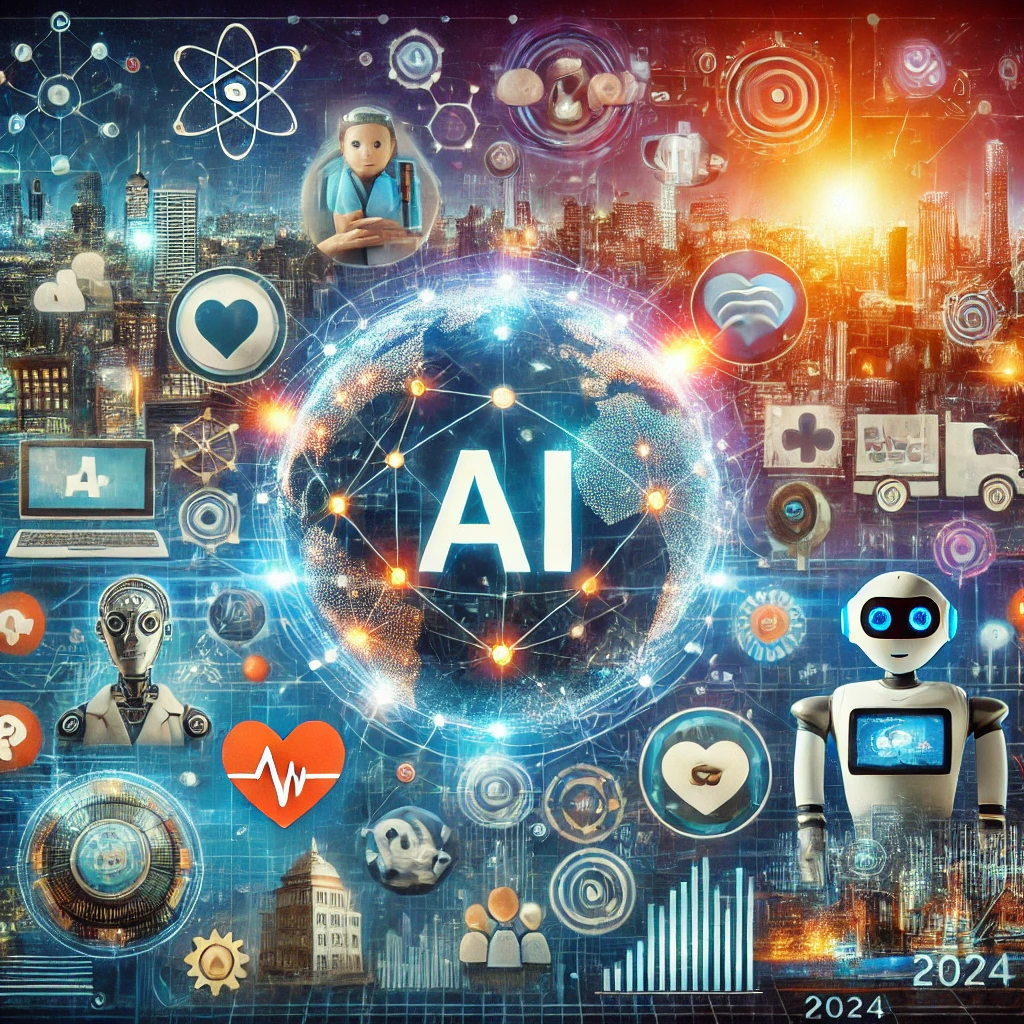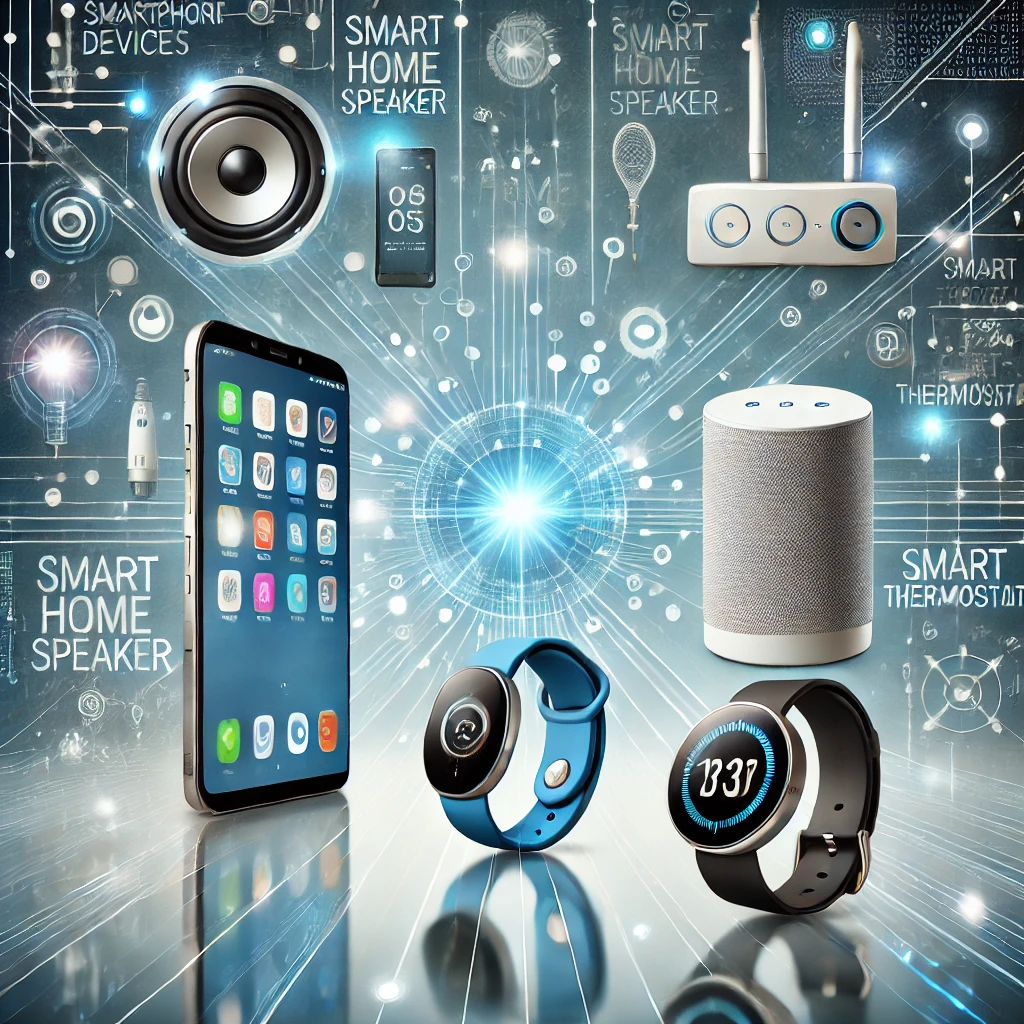Artificial Intelligence has become a significant driving force behind technological advancements in various industries. In 2024, AI innovations are set to revolutionize how we interact with technology, enhancing our daily lives and shaping the future of multiple sectors. From smart devices to automated systems, the impact of AI is profound and undeniable.

The Rise of AI in Everyday Life
As we delve into the realm of AI innovations, it’s essential to recognize how deeply embedded these technologies are in our everyday lives. Smart assistants, such as voice-activated devices, have made tasks simpler and more efficient. These innovations allow users to control home appliances, access information, and manage their schedules seamlessly.
Moreover, the integration of AI into consumer electronics has made them more intuitive and user-friendly. For instance, AI-driven recommendation systems provide personalized content, enhancing the user experience significantly. As more households embrace these technologies, the presence of AI in daily life continues to expand, reflecting its transformative power.

AI Innovations in Healthcare
AI innovations are also making waves in the healthcare industry, improving patient care and operational efficiency. By leveraging machine learning algorithms, healthcare providers can analyze vast amounts of data to identify patterns and predict outcomes. This capability allows for more accurate diagnoses and tailored treatment plans, ultimately leading to better patient outcomes.
Additionally, AI-driven tools are being used in telemedicine, making healthcare more accessible than ever. Virtual health assistants guide patients through their medical queries, while AI-powered diagnostic tools support doctors in making informed decisions. The ongoing integration of AI in healthcare is not only revolutionizing patient care but also streamlining administrative processes, thereby reducing costs.

Enhancing Business Operations with AI
In the business world, AI innovations are reshaping how companies operate. Organizations are increasingly adopting AI to automate routine tasks, allowing employees to focus on more strategic initiatives. For example, AI-powered chatbots handle customer inquiries, providing instant support while reducing the workload on human agents.
Furthermore, AI enhances data analysis, enabling businesses to make data-driven decisions with greater accuracy. These innovations empower companies to identify market trends, understand customer preferences, and optimize their marketing strategies. As a result, businesses leveraging AI are better positioned to thrive in a competitive landscape.
AI Innovations in Education
The education sector is also experiencing significant changes due to AI innovations. Personalized learning platforms are emerging, catering to individual student needs and learning paces. By utilizing AI algorithms, these platforms can assess students’ strengths and weaknesses, offering tailored resources that enhance their learning experiences.
Additionally, AI is being used to streamline administrative tasks, allowing educators to focus more on teaching. From grading assignments to managing schedules, AI innovations are proving to be valuable tools in creating efficient learning environments. As the education landscape evolves, the role of AI will undoubtedly expand, offering new opportunities for students and teachers alike.
Ethical Considerations in AI Development
While the advancements in AI innovations are promising, it is crucial to address the ethical considerations surrounding their development. As AI systems become more sophisticated, concerns about data privacy, algorithmic bias, and accountability arise. Ensuring that AI technologies are developed responsibly is essential to building trust among users.
To mitigate these concerns, stakeholders must prioritize transparency in AI algorithms and data usage. Establishing ethical guidelines for AI development will help create a balanced approach that harnesses innovation while safeguarding user rights. As we embrace AI innovations, fostering ethical practices will play a vital role in their acceptance and integration into society.
The Future of AI Innovations
Looking ahead, the potential for AI innovations seems limitless. With ongoing advancements in machine learning, natural language processing, and computer vision, we can expect even more transformative changes across various sectors. From smart cities to autonomous vehicles, AI will continue to drive innovation and enhance our quality of life.
In conclusion, the impact of AI innovations on the tech landscape in 2024 is profound. As we explore the various applications of AI in everyday life, healthcare, business, education, and beyond, it becomes clear that these technologies are reshaping our world. By embracing these innovations responsibly, we can pave the way for a future where technology and humanity coexist harmoniously.

